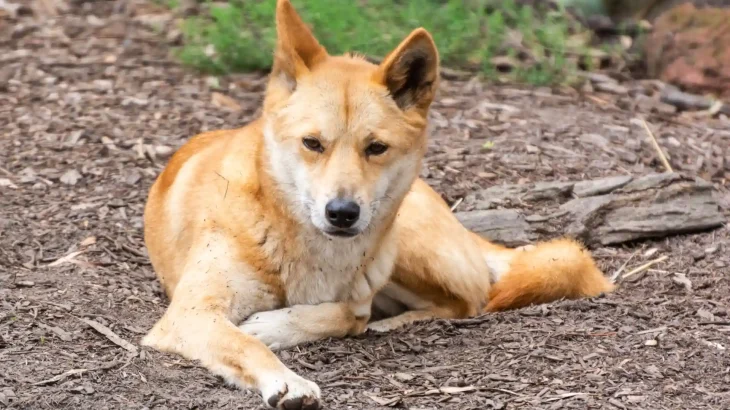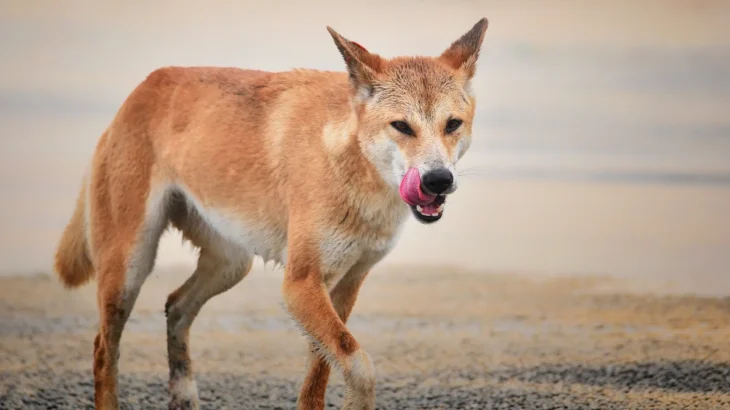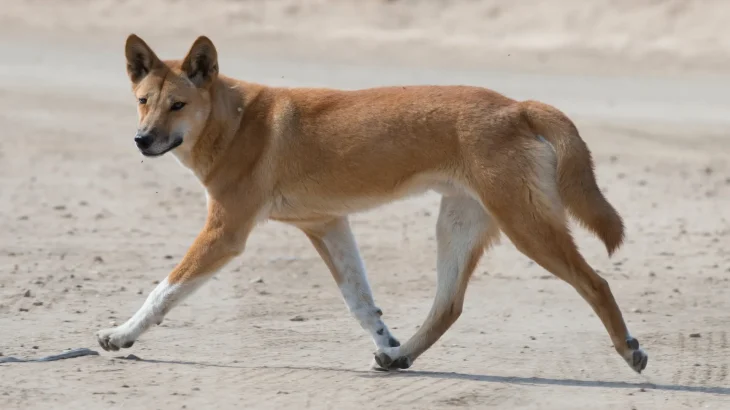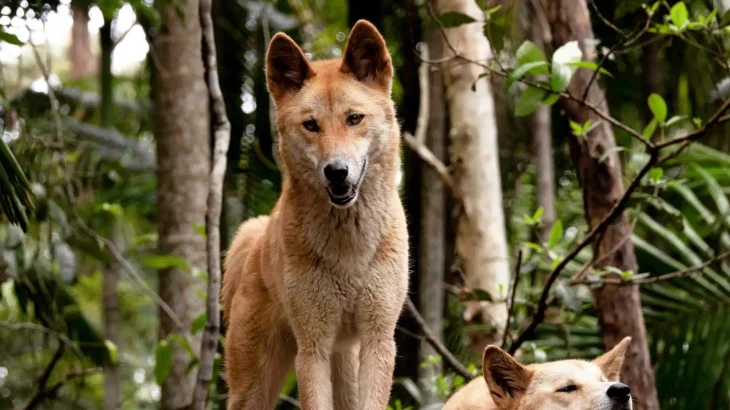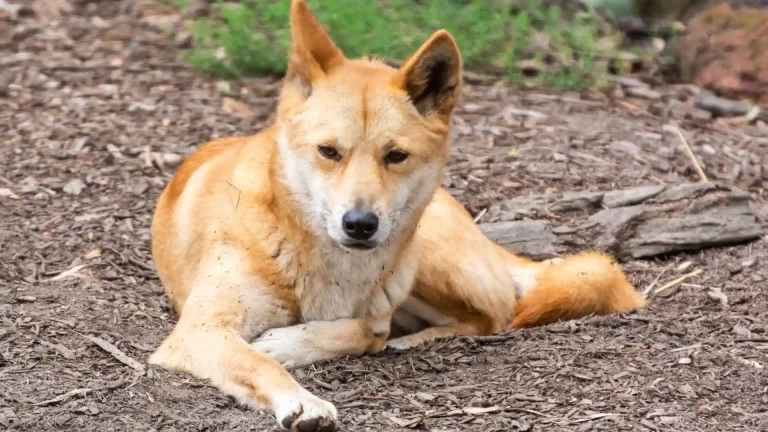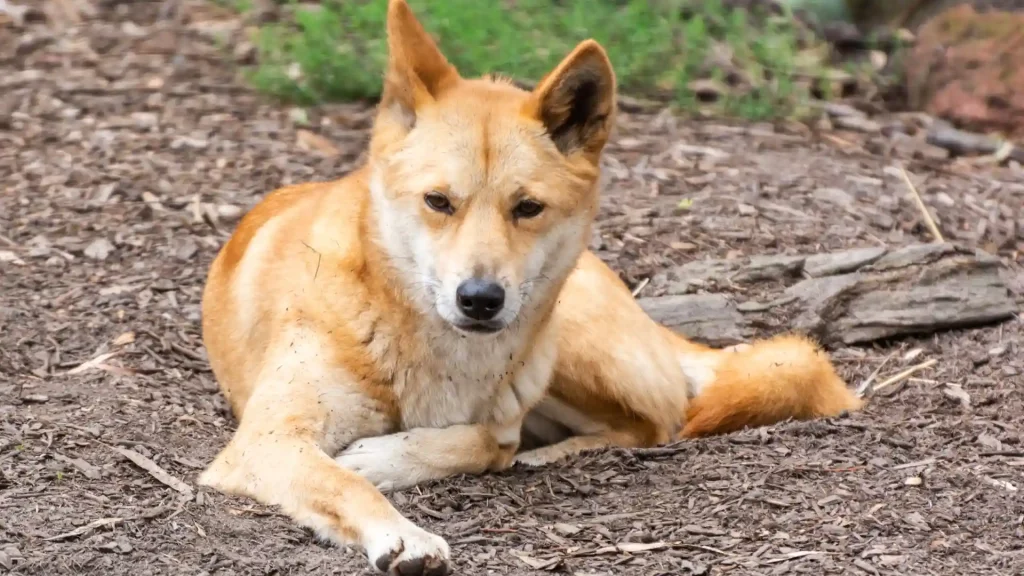Deciding whether to adopt or buy a Carolina Dog puppy depends on your priorities like cost, health assurance, and ethics. Adoption lets you give a home to a dog in need, usually at a lower cost, while buying from a breeder can offer more predictability in health and lineage. Both have their perks depending on what matters most to you as a future Carolina Dog owner.
| Criteria | Buying from Breeder | Adopting from Shelter/Rescue |
|---|---|---|
| Cost | Usually $800 to $2,000 due to purebred status. | Lower fees; often includes vaccinations and spay/neuter. |
| Health History | Breeders provide health records and genetic screening. | Less detailed history; rescues do basic health checks. |
| Age Availability | Usually puppies for early bonding and training. | Varied ages; sometimes adults mistaken as mixes. |
| Temperament Insight | Breeders offer info based on lineage and early care. | Rescue staff share behavior observations; background may be unknown. |
| Supporting Practices | Supports controlled breeding; choose responsible breeders. | Reduces shelter overcrowding; gives dogs a second chance. |
| Ethical Considerations | Depends on breeder ethics; good breeders prioritize welfare. | Adoption supports welfare and reduces euthanasia. |

